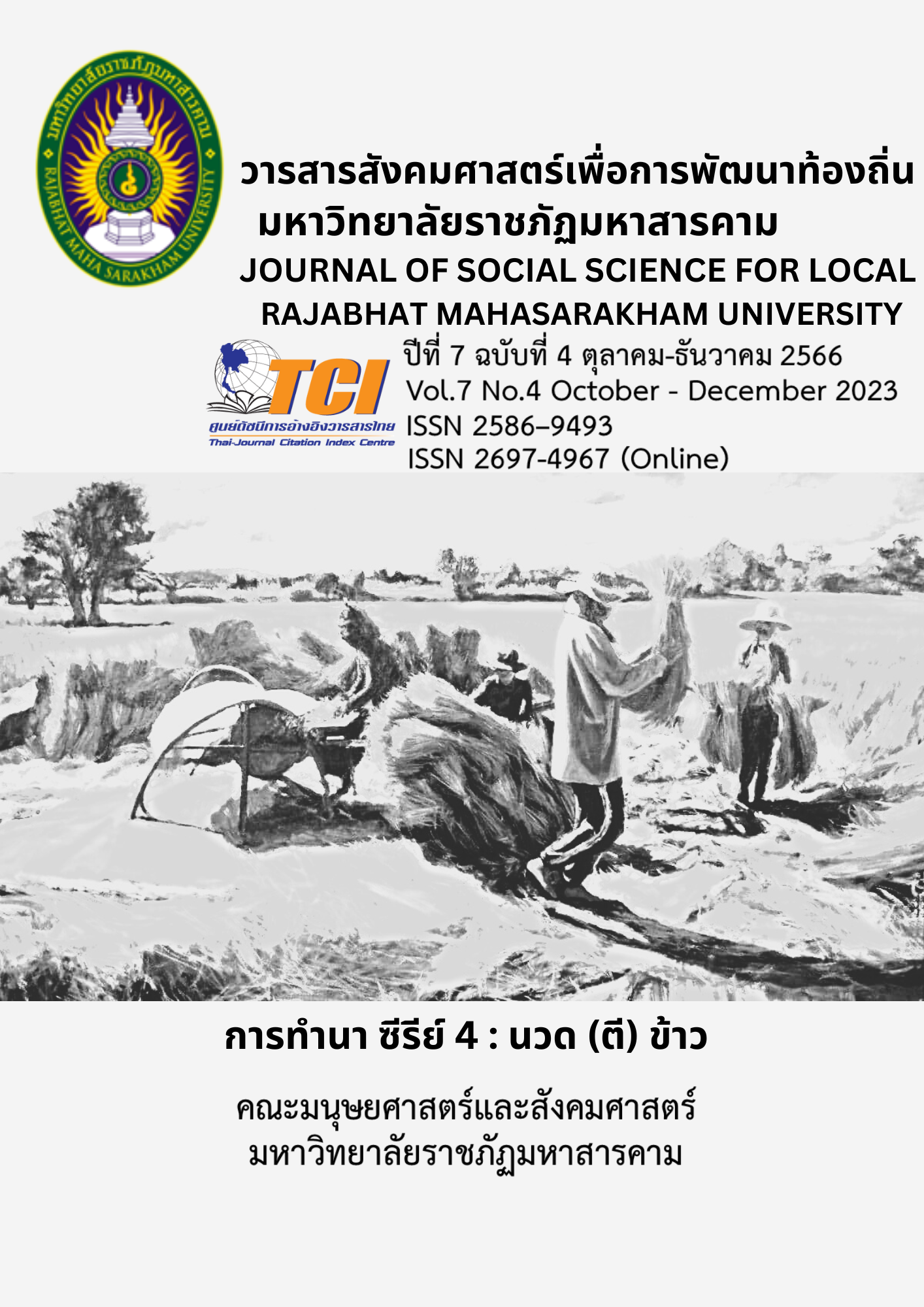A Causal Relationship Model of Leaders' Future Orientation and Public Health Investment Intentions: A Moderated Mediation Model and Mediating Effect of Self-Efficacy and Perceived Social Support
Keywords:
Leaders’ Future Orientation, Self-Efficacy, Perceived Social SupportAbstract
The purpose of this research were 1. to study leaders’ future orientation, self-efficacy, perceived social support and public health investment intention of the leaders and 2. to analyze the causal relationship model of leaders’ future orientation, self-efficacy and perceived social support affecting a public health investment intention of the public health executive. is a quantitative research The sample consisted of 450 public health executives, Ministry of Interior and Ministry of Public Health by multi-stage sampling. The research instrument was a five rating scale questionnaire. The reliability of questionnaire were .86. Causal relationship modeling involved the use of LISREL. The result indicated that 1) the adjusted model was consistent with empirical data (Chi-Square = 104.44 df = 106 p-value = .52 Relativec2 = .98 GFI = .96 AGFI =.96 NFI = .99 RMSEA = .00 RMR = .03) and 2) In addition, all factors had positive influence on the public health investment intention. In descending order of influence, it started with self-efficacy, followed by leaders’ future orientation and perceived social support, respectively. Comparing among the variables in the model, self-efficacy and perceived social support orientation were a good mediator between entrepreneurial leaders’ future orientation and public health investment intention. The total effect of the model can predict the public health investment intention at 90 percent R2=.90).


